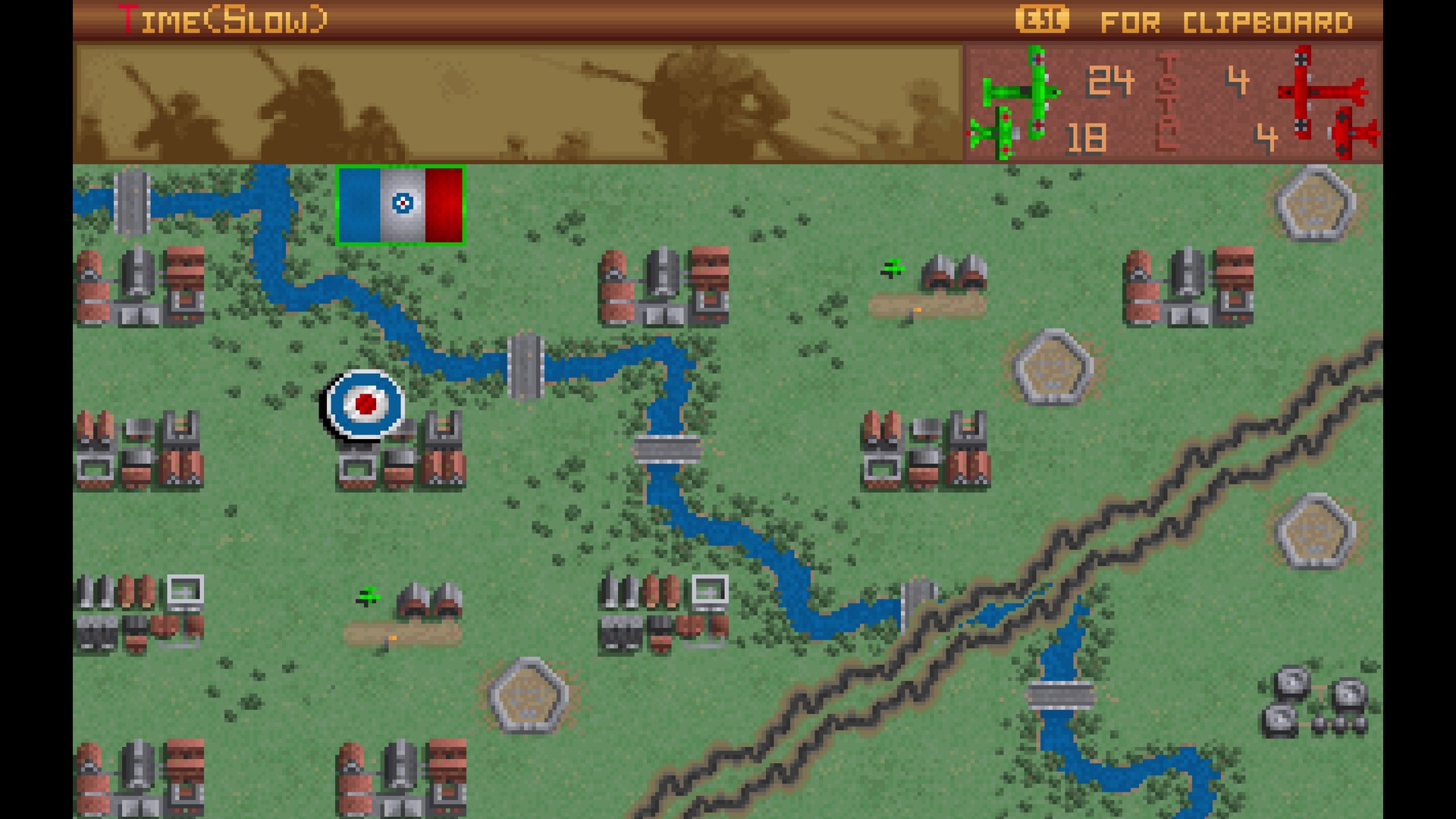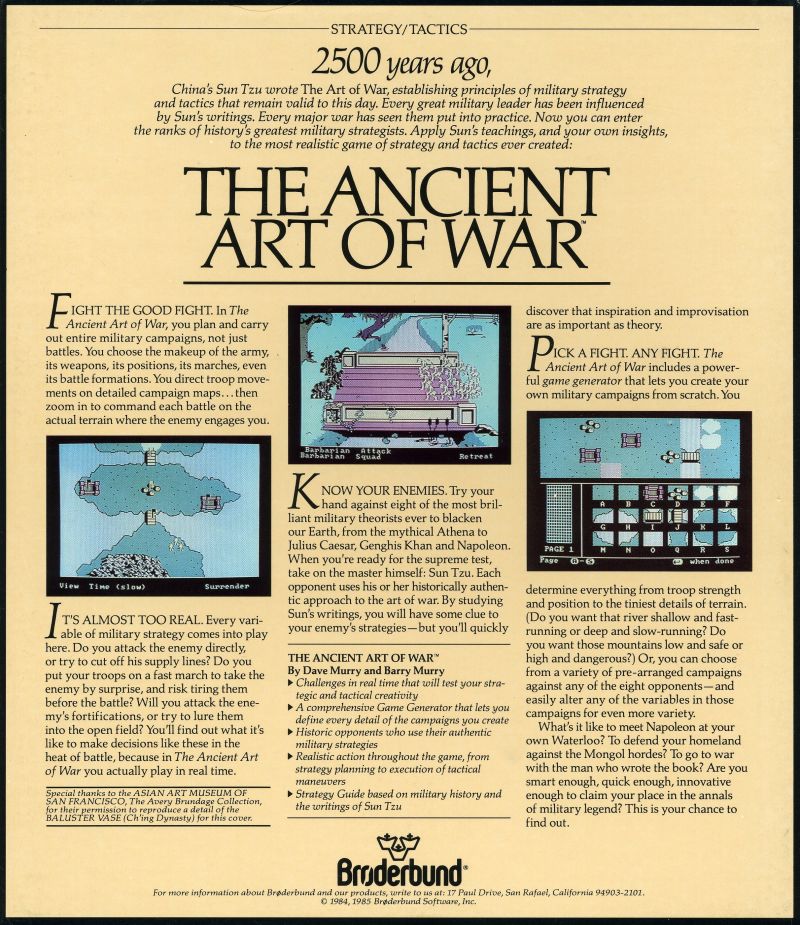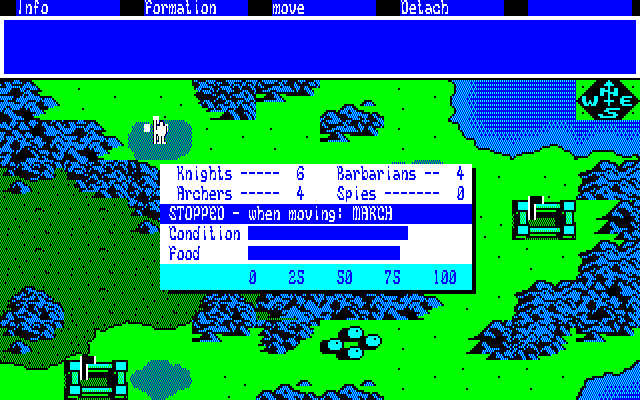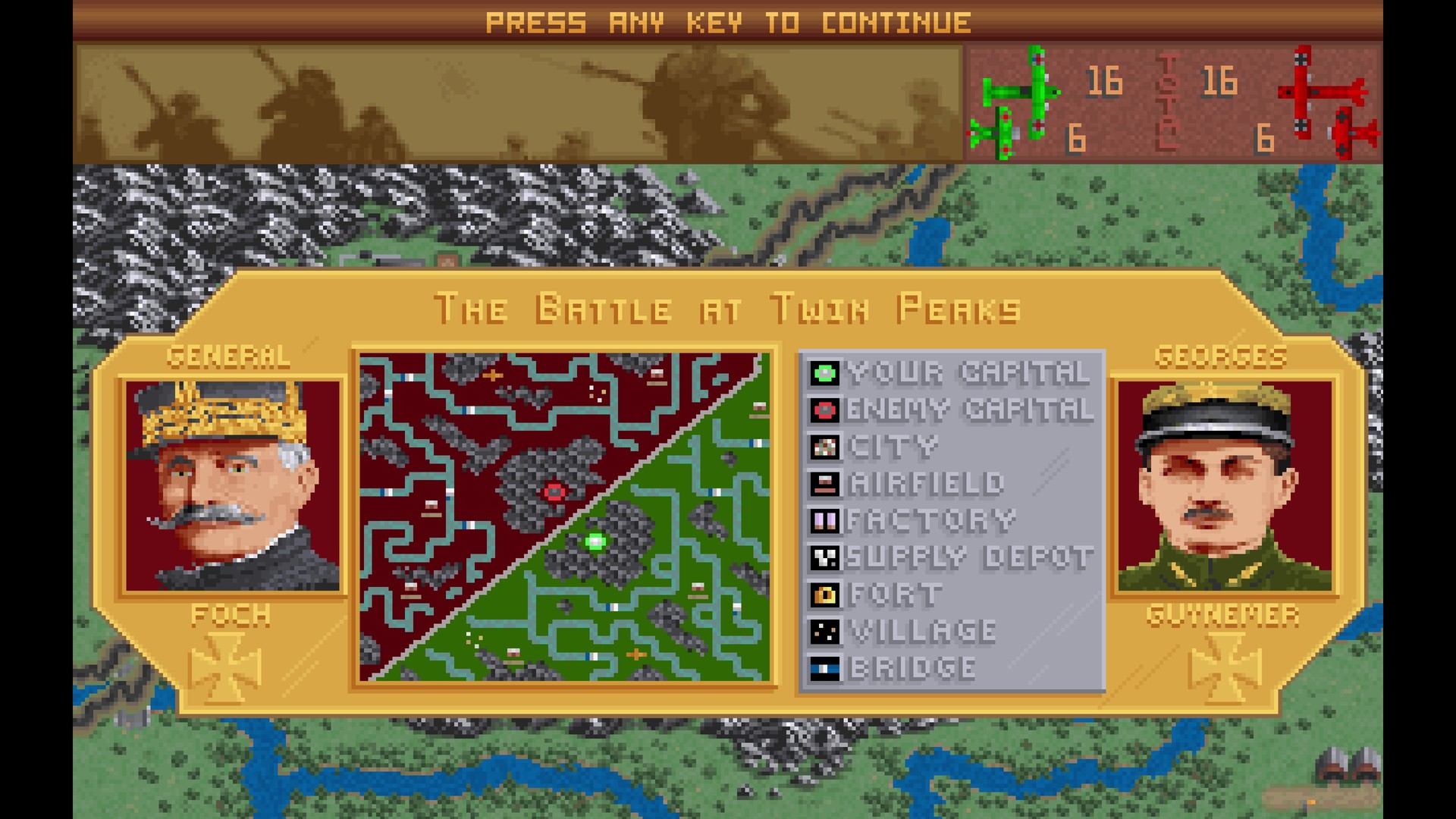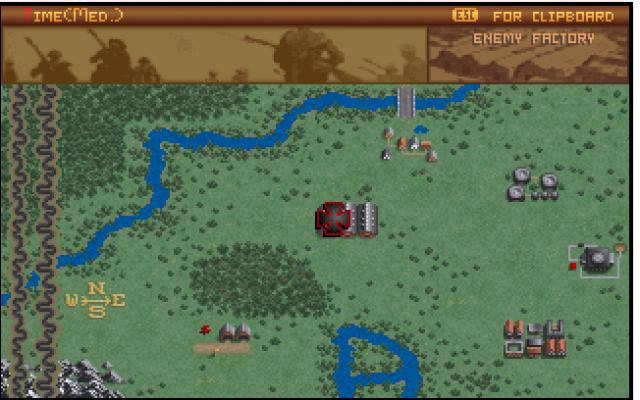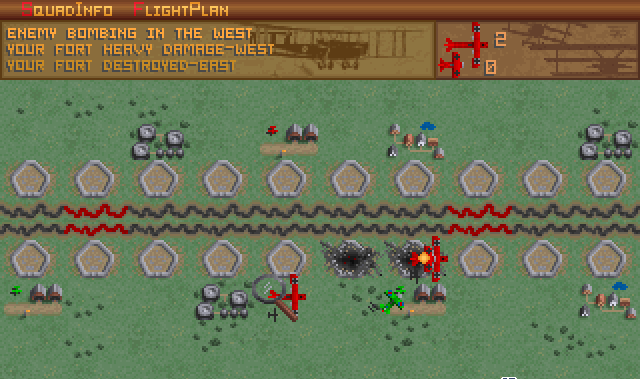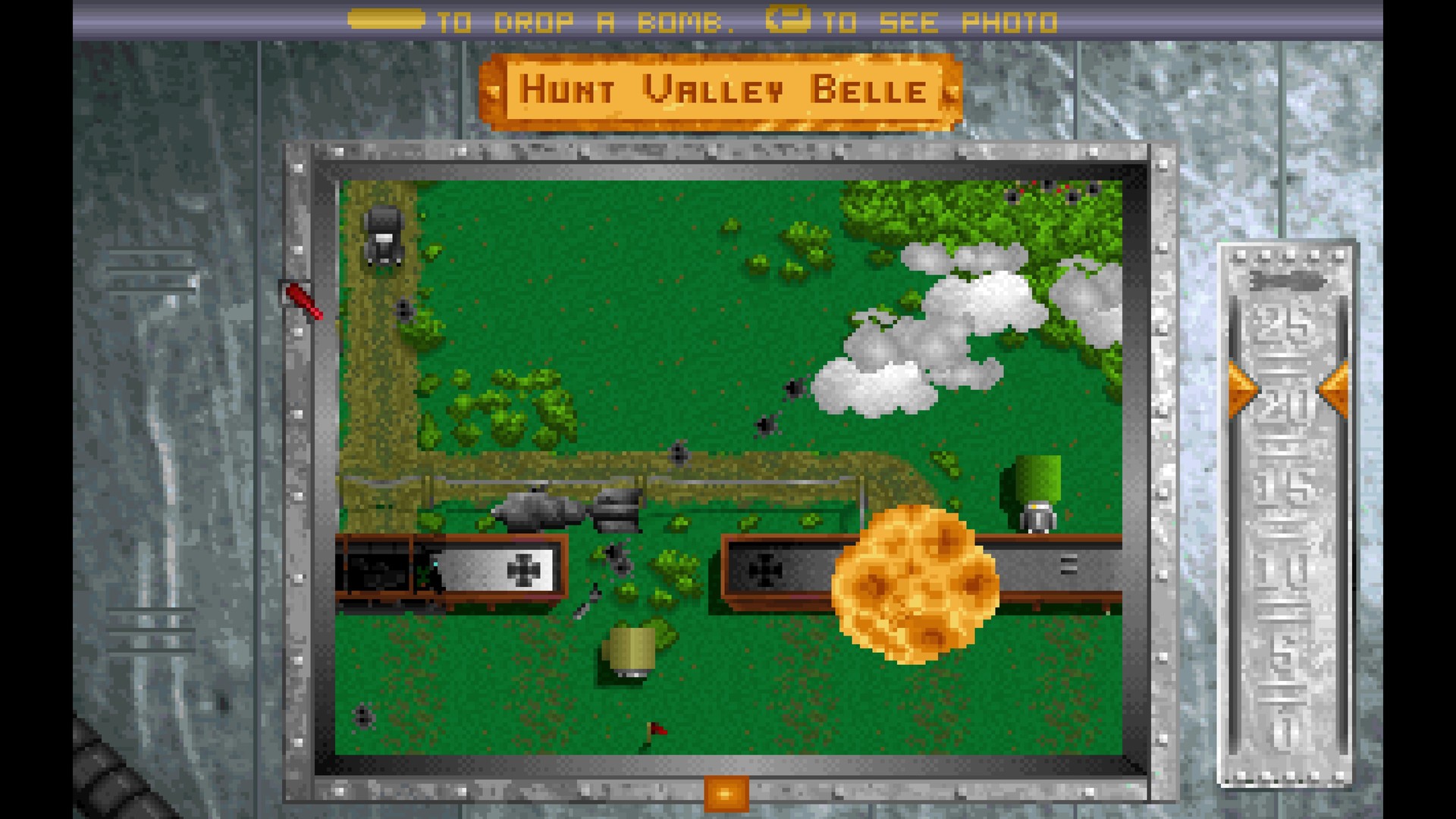Ancient Art Of War Is The First Real Time Game
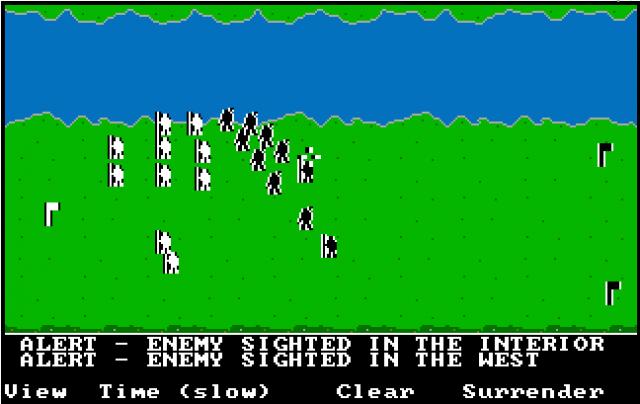
Think about your favorite real-time strategy (RTS) game. You know, the one where you’re frantically clicking, building bases, and sending hordes of pixelated warriors to their doom? Now, imagine that same game, but without the pixels... and played out over decades, sometimes even centuries.
That’s basically what ancient warfare was: the original, ultra-hardcore RTS. Except instead of controlling space marines or orcs, you were dealing with real people, real hunger, and really, really bad hygiene.
Forget Loading Screens, Embrace Starvation!
Forget carefully crafted opening builds. Imagine trying to *convince* your farmers to part with their precious grain for the war effort. And good luck if the weather turned nasty - no respawn button for a failed harvest!
The "tech tree" wasn't some neat menu. It was generations of blacksmiths slowly figuring out how to make slightly less awful swords. Progress was slow, but the stakes were incredibly high.
Instead of in-game chat filled with trash talk, you had to rely on smoke signals, carrier pigeons, or, you know, *actually talking* to people. Communicating orders across a battlefield was like playing telephone, except the message could determine the fate of your kingdom.
The Sun Tzu Update: A Game Changer
Enter Sun Tzu, arguably the first true "game designer" of ancient warfare. His book, *The Art of War*, wasn’t just military advice. It was a strategy guide, a manual for dominating the ultimate RTS.
Want to "rush" your opponent? Sun Tzu suggests striking when they least expect it. Having trouble with resource management? He's got tips on minimizing supply lines. Need to scout the map? Use spies! Seriously, the guy thought of everything.
And it wasn't just about brute force. Sun Tzu emphasized deception, diplomacy, and knowing your enemy. Basically, he was telling generals to "git gud" and use their brains as well as their brawn.
The Ultimate Pay-to-Win?
Okay, let's be honest, ancient warfare had some pretty glaring flaws. For one thing, it was heavily "pay-to-win." Got more soldiers, better weapons, and a strategically advantageous location? Congratulations, you've probably won.
And let's not forget the absolutely atrocious "graphics." We're talking mud, blood, and a whole lot of screaming. Definitely not for the faint of heart.
But despite its brutal realities, ancient warfare was a game of incredible complexity and consequence. It shaped civilizations, defined empires, and gave us some truly epic stories.
More Than Just a Game
It's easy to see these ancient conflicts as just a series of battles and conquests. But look closer, and you'll see the human element. You’ll see the courage, the ingenuity, and the sheer determination of people trying to survive and thrive in a dangerous world.
So, the next time you're leading your virtual armies to victory, remember the ancient generals who paved the way. They didn't have fancy graphics or online multiplayer, but they did have something arguably more valuable: the fate of their world in their hands.
And that, my friends, is a game worth playing… and learning from.





